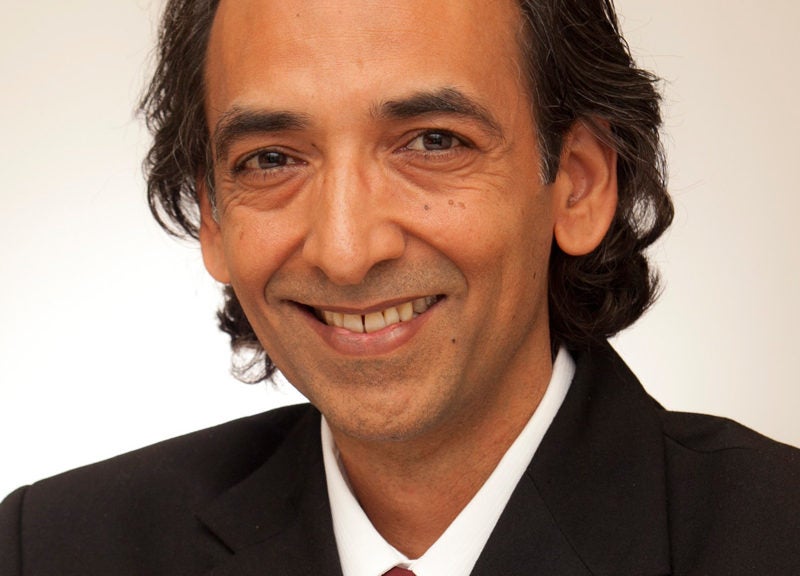SFS-Q Faculty Member Chairs Conference Panel Addressing Interpretation of Limits to Freedom of Expression

Georgetown University School of Foreign Service in Qatar’s (SFS-Q) faculty member, Prof. M. Reza Pirbhai, who specializes in South Asian and World history, recently took part in a two-day conference titled Overcoming Prejudices: Islam and the West: A Tale of Two Conflicting Cultures and Experiences.
Bringing together decision-makers, scholars, and leading voices from civil society from Europe and the Arab world, the conference was co-hosted by the Gulf Studies Center at the College of Arts and Sciences at Qatar University and Konrad-Adenauer-Stiftung (KAS). The event addressed a broad range of topics, such as differences and similarities in the interpretation of limits to freedom of expression, the real motivation behind Europe’s populist right-wing movements, the increased rise of radical movements in the Muslim world and what it means to be a young European Muslim.
“The conference sought to reflect on the cultural relationship between the ‘West,’ particularly Europe, and ‘Islam,’ meaning Muslims living in the West and in the broader Muslim World. It asked whether there is a cultural ‘conflict,’ or if political, economic and other non-cultural factors underwrite the perception of conflict,” explained Prof. Pirbhai. He chaired the first session of the conference, a panel titled Differences and Similarities in the Interpretation of Limits to Freedom of Expression, which considered the role of the media in the equation. The focus of the panel extended to the media’s responsibilities in the case of issues such as blasphemy, highlighted by the Charlie Hebdo cartoons and subsequent killings, which were explored from both theoretical and practical perspectives. The presentations were followed by a lively discussion and Q&A session during which, among other subjects, the role of both Western and Arabo-Islamic media establishments in constructing the perception of a cultural clash was discussed.
“Even though one conference cannot overcome deeply entrenched perceptions, the discussions reconfirmed the socio-political, rather than cultural, issues at the root of contemporary conflict, as well as the part played by a politicized, corporate global media in perpetuating prejudices on all sides,” Prof. Pirbhai said.
Other presenters taking part in the session were Dr. Ibrahim Abusharif, Associate Professor, Northwestern University (Qatar), Mr. Christoph Lanz, Journalist, Media Specialist and Strategic Advisor (Germany) and Dr. Noureddine Miladi, Associate Professor of Mass Communication, College of Arts and Sciences, Qatar University.